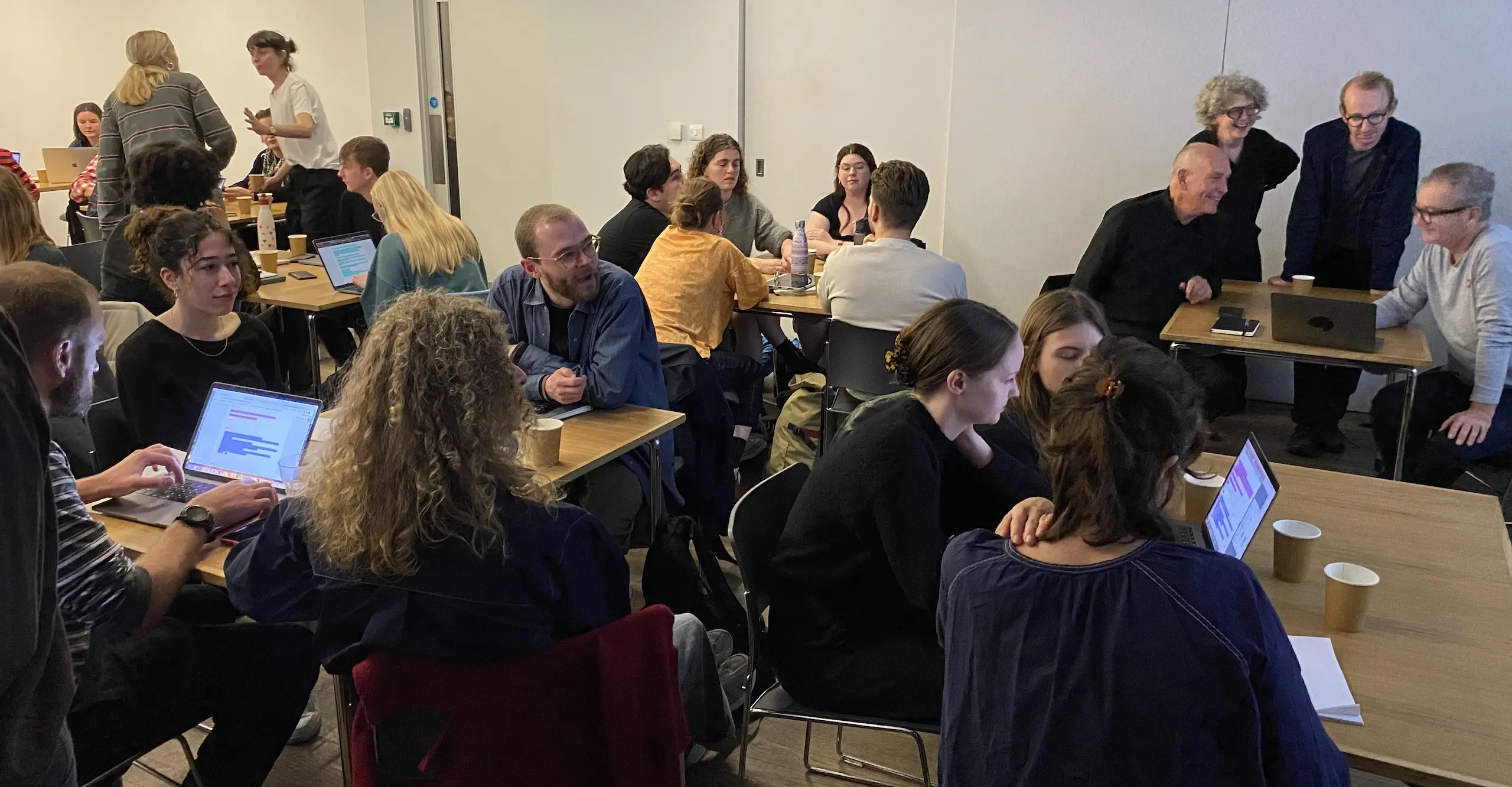This open discussion follows on from two workshops with artists and educators that took place at the Institute of Education and The Photographers' Gallery earlier this Autumn. It will build on ideas generated within the workshops, to furtherexplore how computer vision and visual literacy overlap.
Participants are invited to learn about, share and develop ideas, in dialogue with teachers and trainee teachers, andto continue the process of co-designing a platform for exploring, learning about and critiquing machine learning as it relates to the visual world.
We take our departure in John Berger's Ways of Seeing (1972), and consider the ways in which humans and machines now learn to see. Following an introduction to the project, and summary of what has taken place so far, our discussions will be framed around topics such as visual literacy, cross-disciplinary understandings of learning and training, parallels between datasets and art historical collections and classroom resources, the constraints of the curriculum and opportunities to rethink creativity.
We invite you to join the discussion.
The project is a research collaboration between the Institute of Education's Art & Design PGCE course, Centre for the Study of the Networked Image (CSNI) at London South Bank University and The Photographers' Gallery, supported by a public engagement grant from The Alan Turing Institute.
The event will be recorded.
Free, booking essential.
By booking for this event, you agree to The Photographers' Gallery's Terms & Conditions.

